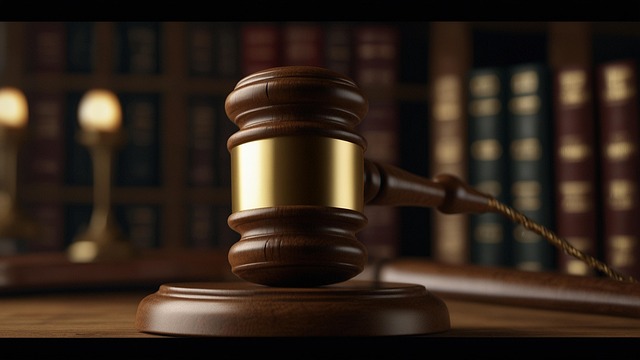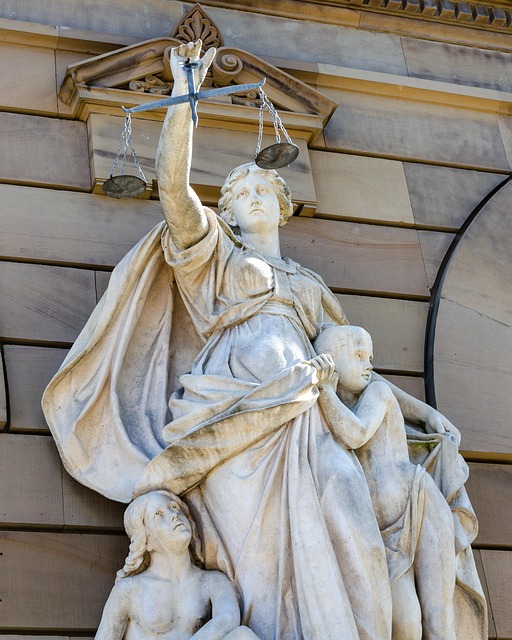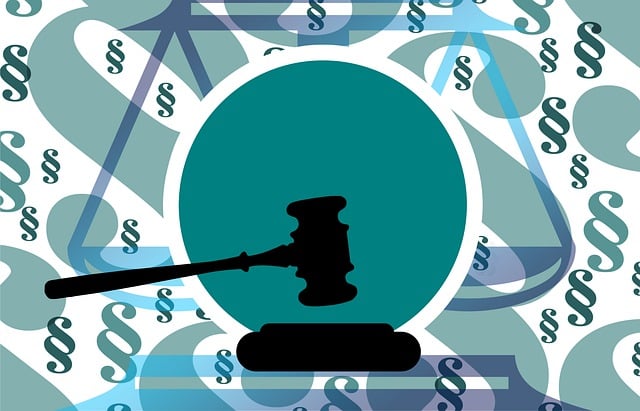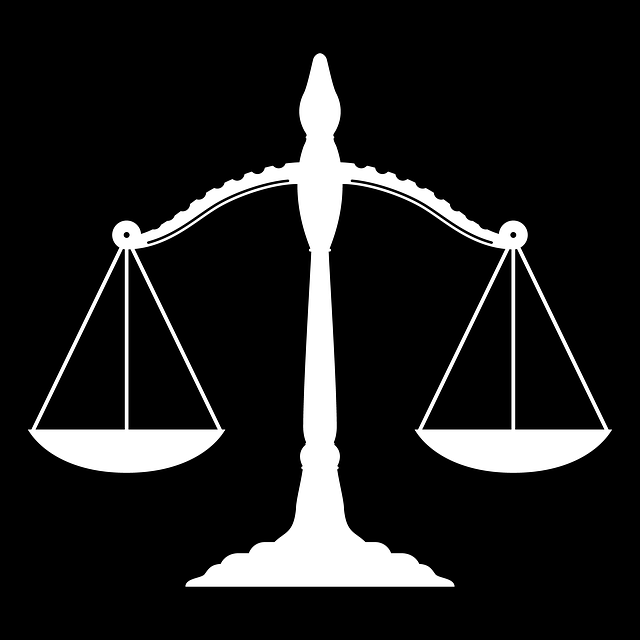Whistleblower Protection Laws (WPLs) safeguard citizens exposing illegal activities without fear of retaliation, with significant implications in criminal defense, especially for white-collar crimes. These laws protect individuals disclosing unethical practices in philanthropic and political spheres while preserving reputations and employment. Constitutional Protections in Criminal Defense are crucial in whistleblower lawsuits, ensuring fair trials, immunity from retaliation, and preservation of evidence integrity. Skilled attorneys leverage these protections to empower whistleblowers, promote transparency, and hold corrupt entities accountable. Navigating these complex cases requires strategic balancing of individual rights and societal interests, with experienced legal representatives guiding clients through complexities for successful outcomes.
“Whistleblower Protection Lawsuits: Safeguarding Constitutional Rights in the Face of Legal Challenges
In an era where corporate misconduct and government wrongdoings demand exposure, whistleblower protection laws stand as a crucial safeguard. This article explores the intricate world of whistleblower lawsuits, focusing on constitutional protections within criminal defense. We delve into the significance of these laws from a legal perspective, examining ‘Understanding Whistleblower Protection Laws: A Constitutional Perspective’ and ‘The Role of Criminal Defense in Whistleblower Cases’. Additionally, we offer strategic insights for navigating the complex landscape of whistleblower protection litigation.”
- Understanding Whistleblower Protection Laws: A Constitutional Perspective
- The Role of Criminal Defense in Whistleblower Cases
- Navigating Legal Complexities: Strategies for Success in Whistleblower Protection Lawsuits
Understanding Whistleblower Protection Laws: A Constitutional Perspective

Whistleblower Protection Laws (WPL) are a crucial set of legal mechanisms designed to safeguard individuals who expose illegal or unethical activities within their organizations. From a constitutional perspective, these laws are rooted in the fundamental rights to free speech and due process, as enshrined in the Constitution. WPLs ensure that citizens can report wrongdoing without fear of retaliation, fostering transparency and accountability in both the public and private sectors.
In the context of general criminal defense, white-collar defense attorneys play a pivotal role in navigating these laws. They help clients understand their rights under WPLs, which can offer protections against legal repercussions for reporting fraud, corruption, or other crimes. This is particularly significant in philanthropic and political communities, where individuals often need to expose misconduct without compromising their professional integrity or facing adverse employment consequences.
The Role of Criminal Defense in Whistleblower Cases

In whistleblower protection lawsuits, the role of criminal defense is pivotal, as it navigates the delicate balance between holding individuals accountable for their actions and safeguarding those who expose wrongdoing. Constitutional Protections in Criminal Defense serve as a safeguard for whistleblowers, ensuring their rights are upheld while they bring light to unethical practices within respective businesses or political communities. This legal framework enables them to achieve extraordinary results by providing avenues for protection against retaliation, ensuring fair trials, and preserving the integrity of evidence.
Criminal defense attorneys play a crucial role in navigating complex legal landscapes, offering strategic guidance tailored to each whistleblower’s unique circumstances. They help protect clients from malicious prosecution, ensure due process, and challenge evidence that may be used against them. By leveraging Constitutional protections, these professionals enable whistleblowers to expose corruption without fear of undue punishment, fostering transparency and accountability within the philanthropic and political communities.
Navigating Legal Complexities: Strategies for Success in Whistleblower Protection Lawsuits

Navigating the legal complexities of whistleblower protection lawsuits requires a strategic approach, especially when balancing individual rights with broader societal interests. These cases often present unique challenges, as whistleblowers must assert their right to expose wrongdoing while safeguarding against potential retaliation. Understanding and leveraging constitutional protections in criminal defense is paramount for success.
A robust general criminal defense strategy involves thoroughly reviewing the facts and laws applicable to the case. This includes examining the nature of the whistleblower’s disclosures, the industry or government sector involved, and any relevant legal precedents. An experienced attorney can help clients navigate these complexities, ensuring their actions are protected under the law. With an unprecedented track record in similar cases, legal representatives play a pivotal role in guiding whistleblowers toward justice, fostering an environment where truth-telling is encouraged while safeguarding against malicious repercussions.
Whistleblower protection lawsuits play a vital role in upholding constitutional protections for individuals who expose wrongdoing. By understanding the interplay between whistleblower laws and criminal defense strategies, legal professionals can navigate the complexities of these cases effectively. This article has explored key aspects, from the foundational Constitutional perspectives to practical strategies for success, offering valuable insights for those involved in this unique and crucial area of law.






